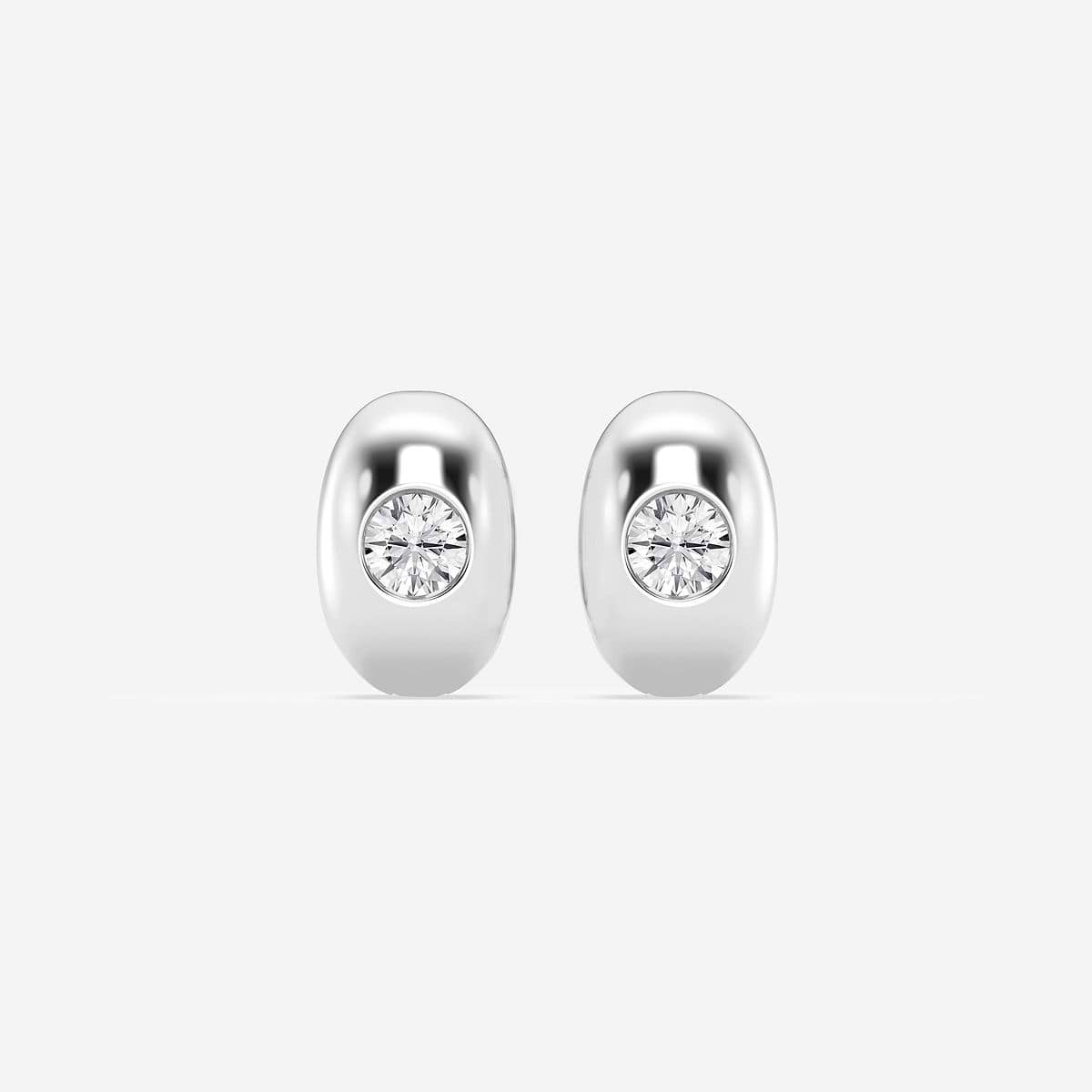In the ever-evolving realm of fine jewelry, Cultures And Lab Grown Diamonds stand at the forefront, poised to revolutionize traditional notions of luxury and sustainability. These exquisite gems, cultivated through cutting-edge technology, embody the perfect fusion of innovation and elegance, offering consumers a dazzling array of options without compromising on quality or ethical integrity.
Table of Contents
Understanding Cultures and Lab-Grown Diamonds
Cultures and lab-grown diamonds, also known as man made diamonds or synthetic diamonds, are meticulously crafted in state-of-the-art laboratories rather than being extracted from the earth through traditional mining processes. While they share the same chemical composition and physical properties as natural diamonds, their origin sets them apart as ethically and environmentally conscious alternatives.
The Science Behind Cultures and Lab-Grown Diamonds
Harnessing the power of advanced technology, cultures and lab-grown diamonds are cultivated using two primary methods: High Pressure-High Temperature (HPHT) and Chemical Vapor Deposition (CVD).
High Pressure-High Temperature (HPHT)
In the HPHT method, a small diamond seed is subjected to extreme pressure and high temperatures akin to those found deep within the Earth’s mantle. Over time, carbon atoms crystallize around the seed, forming a stunning diamond with exceptional clarity and brilliance.
Chemical Vapor Deposition (CVD)
Conversely, the CVD process involves introducing a carbon-rich gas into a vacuum chamber, where it is ionized into plasma. Under controlled conditions, the carbon atoms gradually accumulate on a substrate, layer by layer, until they transform into a magnificent diamond.
Advantages of Cultures and Lab-Grown Diamonds
Cultures and lab-grown diamonds offer an array of benefits that set them apart from their natural counterparts:
- Ethical Sourcing: By eliminating the need for diamond mining, cultures and lab-grown diamonds mitigate the social and environmental impacts associated with traditional extraction methods, ensuring a more ethical supply chain.
- Environmental Sustainability: With minimal ecological footprint and reduced carbon emissions compared to mining, lab-grown diamonds are environmentally sustainable choices for conscientious consumers.
- Affordability: Cultures and lab-grown diamonds typically cost significantly less than natural diamonds of comparable quality, making them accessible to a wider range of customers without sacrificing beauty or elegance.
- Consistent Quality: Thanks to precise control over the growth process, lab-grown diamonds exhibit consistent quality and purity, free from the imperfections often found in mined diamonds.
Applications in Jewelry Design
The versatility of cultures and lab-grown diamonds extends beyond ethical and environmental considerations, offering endless possibilities for creative expression in jewelry design. From timeless engagement rings to contemporary statement pieces, these diamonds lend themselves to a myriad of styles and settings, limited only by the imagination of the designer.
Customization and Personalization
One of the most compelling aspects of cultures and lab-grown diamonds is their ability to be customized according to the preferences of the wearer. Whether seeking a classic solitaire or a bespoke creation, customers can collaborate with skilled artisans to bring their vision to life, crafting a piece of jewelry that reflects their unique personality and style.
Innovative Designs and Trends
The rise of cultures and lab-grown diamonds has sparked a wave of innovation within the jewelry industry, inspiring designers to explore new techniques and aesthetics. From sleek minimalist designs to bold avant-garde creations, these diamonds serve as the perfect canvas for pushing the boundaries of traditional craftsmanship and embracing the cutting-edge of contemporary fashion.
The Future of Fine Jewelry
As consumer awareness continues to grow regarding the ethical and environmental implications of traditional diamond mining, the demand for cultures and lab-grown diamonds is poised to soar. With their unparalleled beauty, sustainability, and affordability, these diamonds represent not only a technological marvel but also a beacon of hope for a more responsible and inclusive future in the world of fine jewelry.
In conclusion, cultures and lab-grown diamonds are not merely an alternative to natural diamonds; they are a testament to human ingenuity and our capacity to innovate in harmony with the planet. By embracing these exquisite gems, we not only adorn ourselves with beauty but also contribute to a more sustainable and compassionate world for generations to come.








